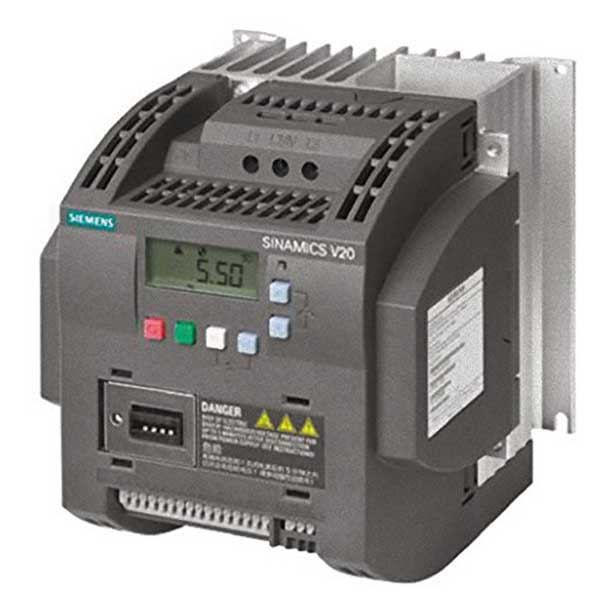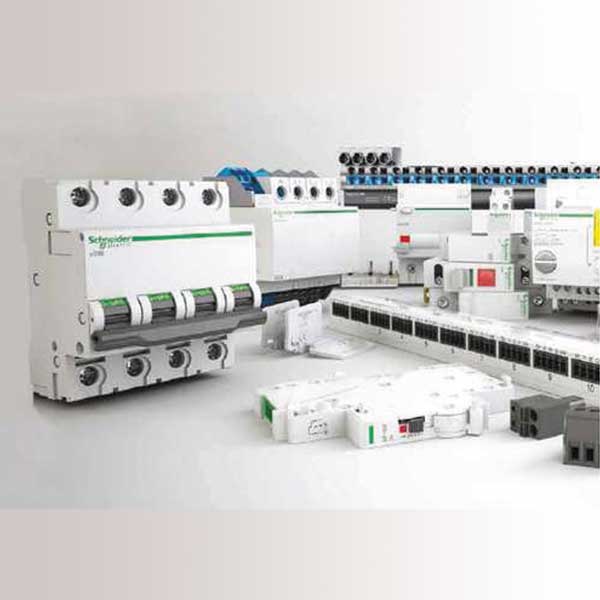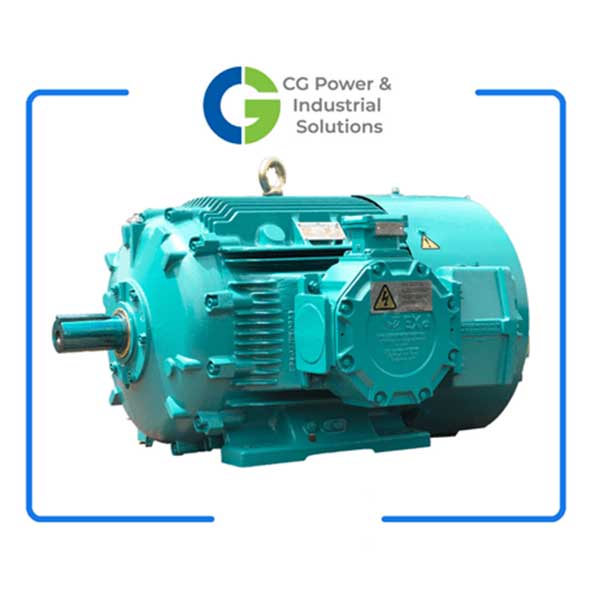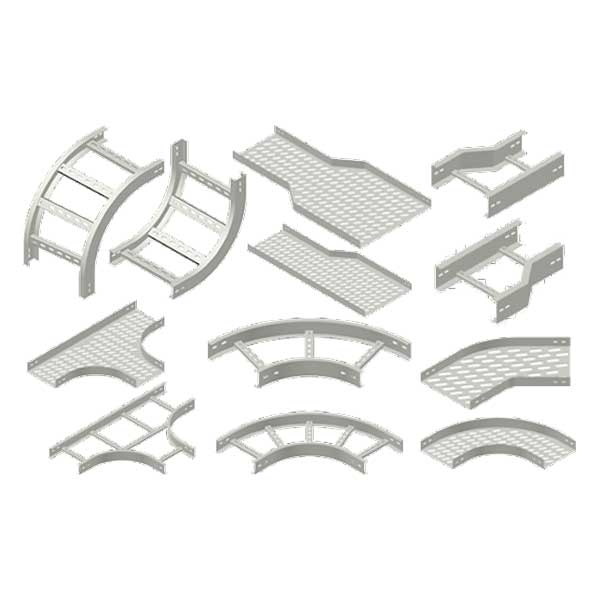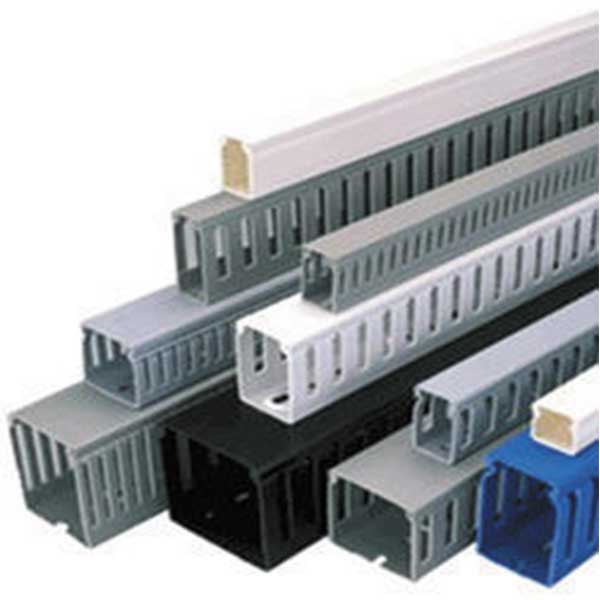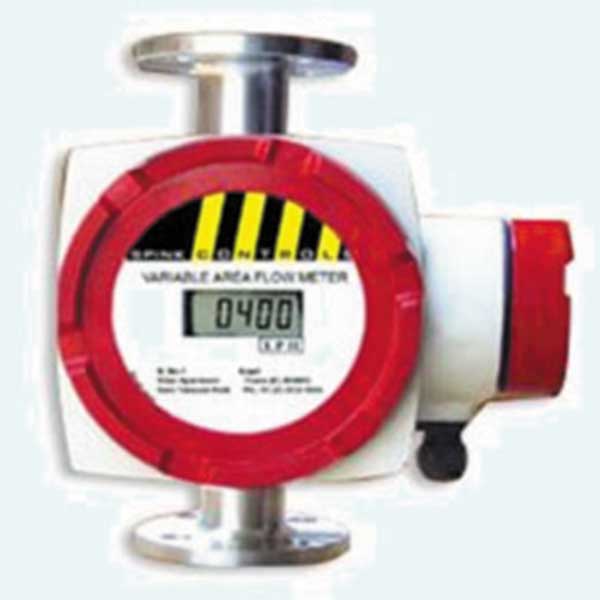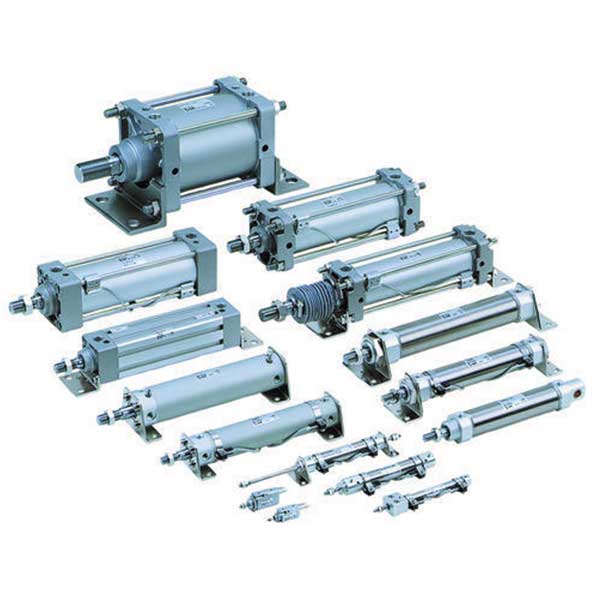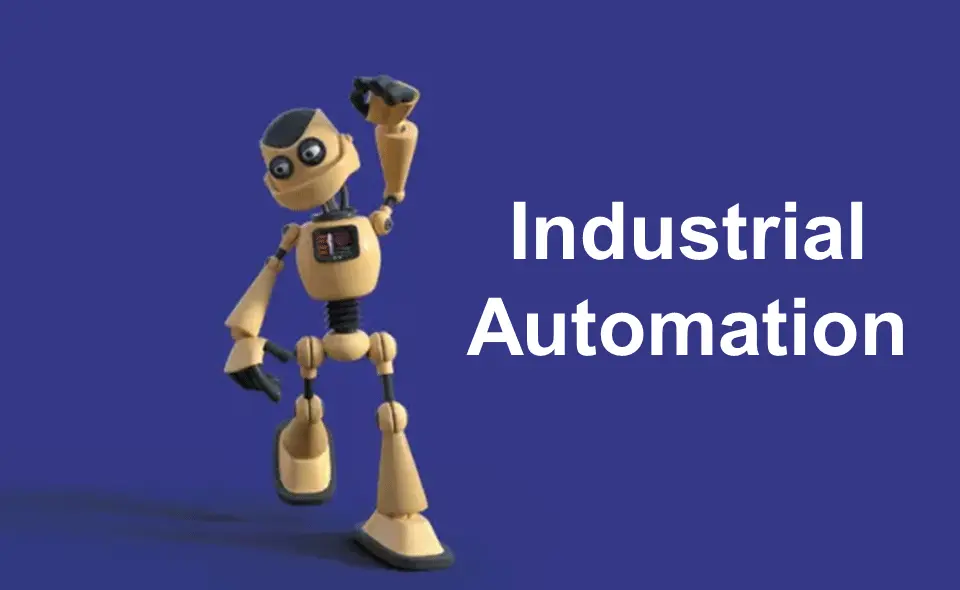
In the vast realm of industrial manufacturing, there exists a pivotal force that orchestrates the symphony of machinery and processes— Instrumentation Engineering. This article delves into the heart of this discipline, demystifying its role, significance, and the magic it weaves in the realm of Industrial Manufacturing.
“In the world of manufacturing, precision isn’t a luxury; it’s a necessity. Instrumentation Engineering makes that precision possible.”
Understanding the Essence
Instrumentation Engineering is like the unseen conductor in an orchestra, ensuring harmony among various components in the industrial landscape. It revolves around designing, developing, and maintaining control systems and instruments used in manufacturing processes. Think of it as the wizardry behind the seamless operation of machines and systems.
The Instrumentation Engineering Components
Sensors: The Silent Observers
At the core of Instrumentation Engineering lie sensors—silent observers that translate physical parameters into measurable signals. These sensors, akin to the eyes and ears of the industrial setup, play a pivotal role in data acquisition.
Transmitters: The Messengers
Once the sensors capture data, transmitters take charge. They convert these signals into a form that can be easily transmitted and interpreted. Like messengers, they ensure the seamless flow of information within the industrial network.
Controllers: The Decision Makers
Controllers, the brains of the operation, receive the interpreted data and make decisions based on predefined algorithms. They determine the actions that need to be taken to maintain optimal functioning, ensuring efficiency and safety.
Final Control Elements: The Executors
Executing the decisions made by controllers, final control elements are the hands and feet of the industrial setup. Valves, actuators, and motors respond to the instructions, regulating processes and maintaining the desired outcomes.
The Industrial Spell Unveiled
Calibration: The Art of Precision
In the realm of Instrumentation Engineering, calibration is the fine-tuning that ensures accuracy. It’s like adjusting the strings of a musical instrument to produce the perfect note. Precise calibration guarantees that the instruments are in harmony, providing reliable data for decision-making.
PLC (Programmable Logic Controllers): The Technological Sorcery
In the modern industrial landscape, PLCs are the technological wizards. These programmable controllers automate processes, enhancing efficiency and reducing manual intervention. They are the enchanters that bring forth the era of smart manufacturing.
SCADA (Supervisory Control and Data Acquisition): The Watchful Guardian
Imagine a vigilant guardian overseeing the entire industrial landscape—that’s SCADA. This system ensures real-time monitoring and control, acting as the eyes and ears of the operation. It provides insights, detects anomalies, and ensures a proactive response to potential issues.
The Tapestry of Industrial Manufacturing
Instrumentation Engineering, with its array of components and technologies, weaves a tapestry that defines the efficiency and reliability of industrial manufacturing. It ensures that every cog in the wheel functions with precision, contributing to the overall success of the production process.
Navigating Challenges
Cybersecurity: Guarding the Magical Realm
In the era of digitization, Instrumentation Engineering faces the challenge of cybersecurity. Safeguarding the industrial network from cyber threats is akin to protecting the magical realm from dark forces. Robust security measures are essential to ensure the integrity of data and the seamless operation of systems.
Continuous Innovation: Evolving the Magic
To stay ahead in the industrial enchantment game, continuous innovation is key. Instrumentation Engineers are the wizards of innovation, exploring new technologies and methodologies to enhance efficiency, reduce costs, and embrace sustainability.
Instrumentation Standards and Regulations:
Instrumentation engineering adheres to standards like IEC, NIST and regulations like OSHA for system design, installation and operation.
Ethical Considerations:
Instrumentation engineers must prioritize safety, security, privacy rights and ethical standards in their work.
Instrumentation engineering is crucial across industries and will continue growing in a rapidly changing world. Engineers must stay updated to design reliable systems. With a rewarding career, it offers excellent prospects for those interested in this field.
Practical Application
Let’s imagine you’re in a factory where Instrumentation Engineering works its magic. Picture this: Sensors are like attentive workers, noting the temperature of machines. Transmitters then send this info to controllers, the decision-makers. If it gets too hot, the controllers instruct the final control elements, like cooling systems, to kick in. This way, the factory stays cool, and machines hum along happily. Instrumentation Engineering, in action, keeps the production smooth and avoids overheating hiccups.
Real-world Impact
In a car manufacturing plant, Instrumentation Engineering ensures that every step, from welding to painting, runs like clockwork. Imagine if there was a glitch in the system. Cars might come out with uneven paint or faulty welding. This not only impacts the quality but also the safety of the vehicles on the road. Thanks to Instrumentation Engineering, these scenarios are avoided, ensuring that the cars rolling off the assembly line are not just efficient but safe for drivers and passengers.
“Instrumentation Engineering orchestrates the industrial symphony, ensuring every machine hits the right note.”
Conclusion: The Grand Finale
In conclusion, Instrumentation Engineering stands as the unsung hero in the grand symphony of industrial manufacturing. From sensors silently observing to controllers making crucial decisions, each component plays a vital role in ensuring a flawless performance. As we navigate the magical realm of Instrumentation Engineering, let us appreciate the wizards behind the curtain, orchestrating the industrial magic that powers our modern world.


